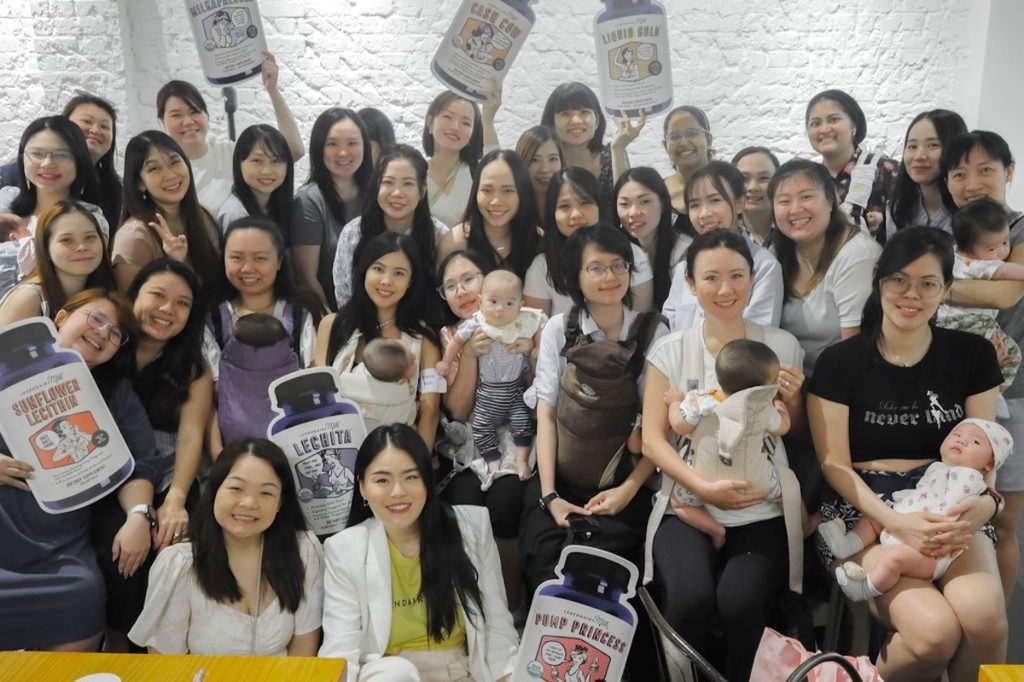Autism spectrum disorder (ASD) or autism is a range of conditions that are related to brain development that affects how a person perceives and interacts with others, repetitive behaviour, and non-verbal communication. According to studies, autism affects around 1% of Singapore’s population. This means that an average of 50,000 Singaporeans is currently living with autism, with 11,500 of those under 19 years of age. It is also estimated that over 200 children in the country are diagnosed with autism annually [2]. Conditions that were previously considered separate, like Asperger’s syndrome and other developmental delays, are now classified under the autism spectrum.
Causes
There is no known single cause of autism and most cases appear to be caused by a combination of genetic and environmental factors affecting early brain development. It generally appears when a child is aged two or three, but some associated development delays can appear as early as 18 months. Autism is not caused by parenting styles and social circumstances. There is also no evidence to show that vaccinations play any part in causing the condition.
Autism spectrum disorder affects children of all races and nationalities, but there are factors that might increase the child’s risk:
- Your child’s gender. Boys are about four times more likely to develop autism spectrum disorder than girls are.
- Family history. Families who have one child with ASD have a higher risk of having another child with the disorder.
- Other disorders. Children with certain medical conditions have a higher than normal risk of autism spectrum disorder or autism-like symptoms. These include the fragile X syndrome, an inherited disorder that causes intellectual problems; tuberous sclerosis, a condition in which benign tumours develop in the brain; and Rett syndrome, a genetic condition occurring almost exclusively in girls, which causes slowing of head growth, intellectual disability and loss of purposeful hand use.
- Extremely premature babies. Babies born before 26 weeks of gestation may have a greater risk of the disorder.
Signs and Symptoms
Some children show signs of autism spectrum disorder in early infancy, such as reduced eye contact, lack of response to their name or indifference to caregivers. On the other hand, some kids may develop normally for the first few months or years of life, but then suddenly become withdrawn, aggressive or even lose language skills that they’ve already acquired. Each child with ASD has a unique pattern of behaviour and level of severity, ranging from difficulty in learning to trouble in communicating as well as inability to apply what they know in everyday situations.

Some signs of impairment of social communication and interaction include:
- Failure to respond to his or her name or appears not to hear you at times
- Poor eye contact and lacks facial expression
- Not speaking or has delayed speech, or loses previous ability to say words or sentences
- Speaks with an abnormal tone or rhythm and may use a singsong voice or robot-like speech
- Repeats words or phrases verbatim, but doesn’t understand how to use them
- Does not understand simple questions or directions
- Difficulty interpreting other people’s facial expressions, body postures or tone of voice
A child or adult with ASD often displays repetitive patterns of behaviour. These stereotypic mannerisms include:
- Repetitive movements, such as rocking, spinning or hand flapping
- Doing activities that could cause self-harm, such as biting or head-banging
- Adhering to specific routines or rituals and is disturbed at the slightest change
- No engagement in imitative or imaginative play
- Fixation on an object or activity with abnormal intensity or focus
- Displaying unique skills like music, photography, numbers, but overall developmental delay
Treatment
While there is no cure for autism spectrum disorder, intensive, early treatment can make a big difference in the lives of many children. They usually don’t outgrow autism spectrum disorder symptoms, but they can learn to function well in society. Some kids might require intensive speech therapy if the lack of speech is considered the main issue that hinders them from further development. Others might benefit from social skills training. Older children might also require occupational training so that they can find a suitable job in the future.

Medication can also be prescribed in cases when behavioural problems are so disruptive that they prevent learning. It helps to alleviate these disruptive behaviours so that learning can take place. That being said, medication can never replace behavioural management techniques because medicines only relieve the problems temporarily; they do not solve the root of the problem.
When to see a doctor
Children with autism spectrum disorder usually show some signs of delayed development before the age of two with obvious delays in language skills and social interactions. Your paediatrician may recommend developmental tests if your child [3]:
- Doesn’t respond with a smile or happy expression by six months
- Doesn’t mimic sounds or facial expressions by nine months
- Doesn’t babble or coo by 12 months
- Doesn’t gesture — such as point or wave — by 14 months
- Doesn’t say single words by 16 months
- Doesn’t play pretend by 18 months
- Doesn’t say two-word phrases by 24 months
- Loses language skills or social skills at any age
This article was first published on Motherswork.
References:
[1]Taken from Autism Speaks, https://www.autismspeaks.org/what-autism
[2]Taken from https://www.autism.org.sg/living-with-autism/prevalence-of-autism-in-singapore
[3] Taken from https://www.nuh.com.sg/Health-Information/Diseases-Conditions/Pages/Autism-(Children).aspx
https://www.mayoclinic.org/diseases-conditions/autism-spectrum-disorder/symptoms-causes/syc-20352928
https://www.nuh.com.sg/Health-Information/Diseases-Conditions/Pages/Autism-(Children).aspx
https://www.autismspeaks.org/what-autism
https://www.singhealth.com.sg/patient-care/conditions-treatments/autistic-spectrum-disorder-child
https://www.healthhub.sg/live-healthy/83/autism
https://www.healthline.com/health/autism













